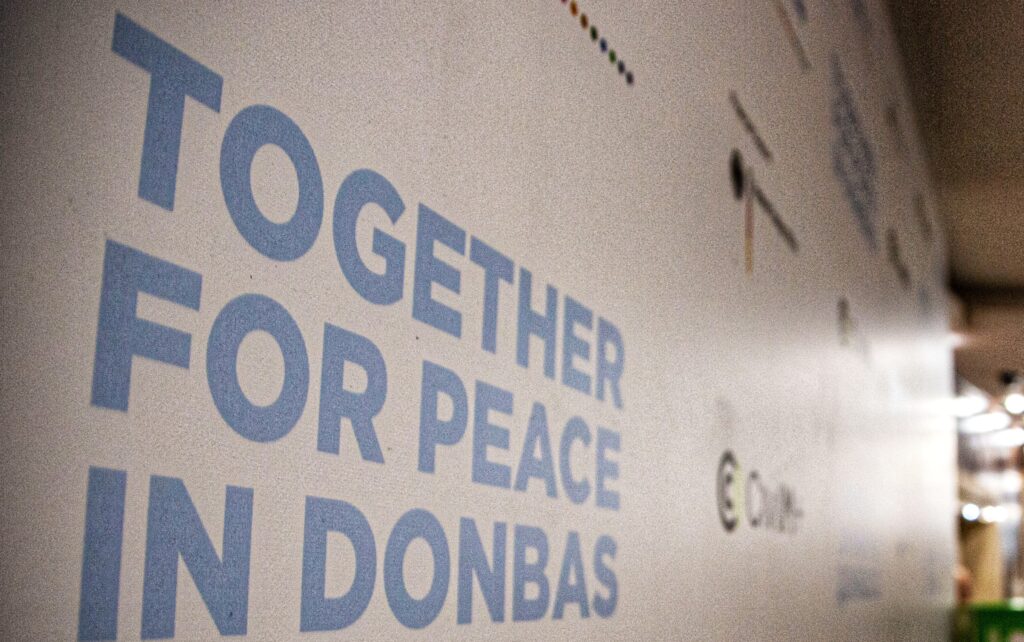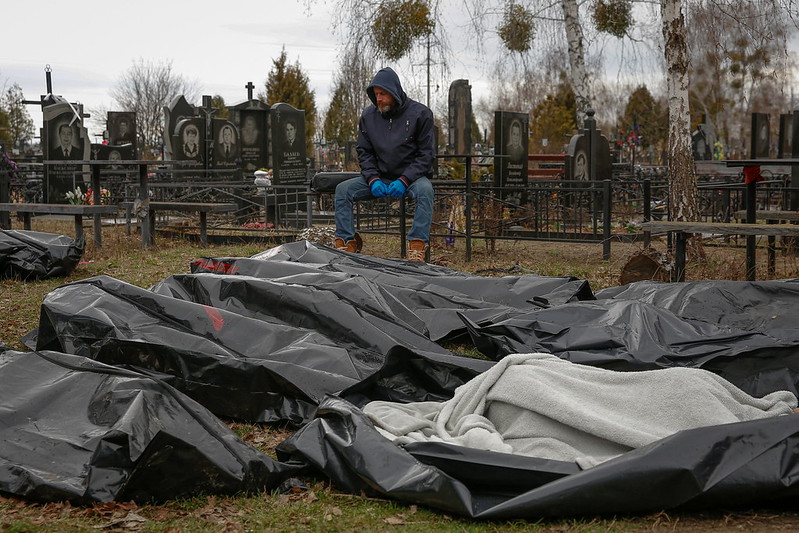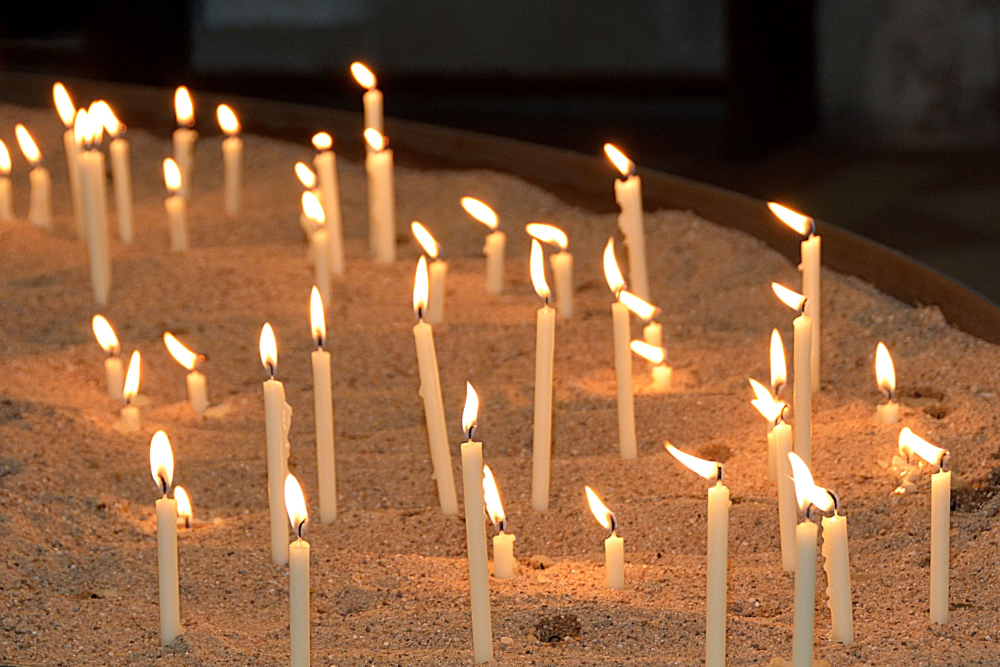Dialogue and Justice II

In March 2021 the DRA launched the Project “Dialogue for Understanding and Justice: Strengthening civil society’s contribution to conflict management, to democratic and regional development and to the preparation of a safe reintegration in eastern Ukraine.” It is the third iteration of the project aimed at strengthening the civil society initiatives as actors of change in the process of conflict resolution, focusing on capacity building and establishing stronger interconnections between different civic initiatives and perspectives on conflict resolution in a broader European context.
The project has three interconnected components:
- independent international civil society platform CivilMPlus
- civic monitoring of the conflict region
- civil society centre ‘Drukarnia’ based in Sloviansk, Donetsk region, eastern Ukraine.
CivilMPlus
CivilMPlus is an independent international civil society platform that unites more than 20 organisations and experts from Ukraine, Germany, Poland, Russia, France and others. Within the CivilMPlus, they contribute to the peaceful settlement of the conflict in Donbas: informing the governments and the public of their countries about the armed conflict in eastern Ukraine, implementing projects in the fields of peacekeeping, transitional justice, dialogue and human rights.
Learn more about the platform and its members at: www.civilmplus.org
Civic monitoring
Our experts monitor the human rights situation in the area of conflict and prepare reports about both the non-government and government controlled parts of Eastern Ukraine. Reports are based on the findings of international human rights monitoring missions and the analysis of open internet sources.
Learn more about this component at: www.civicmonitoring.org
Drukarnia
On the local level the project is represented by the civil society centre ‘Drukarnia’ in Sloviansk, Donetsk region. ‘Drukarnia’ opened in September 2019 as a space for exchange and dialogue between active citizens. Now it implements projects on local and international youth exchange, development of local initiatives, eco-activism and others.
Learn more about Drukarnia at: www.drukarnia.net.ua
The project ‘Dialogue for Understanding and Justice’ will be implemented in 2021-2023. Previous iterations of the project since 2015 were dedicated to creating a platform for effective co-operation of civil society actors from different countries, establishing instruments of the civil monitoring of human rights and founding a centre to empower local initiatives in Donbas.
Project donors
The project was funded by the German Federal Foreign Office.





